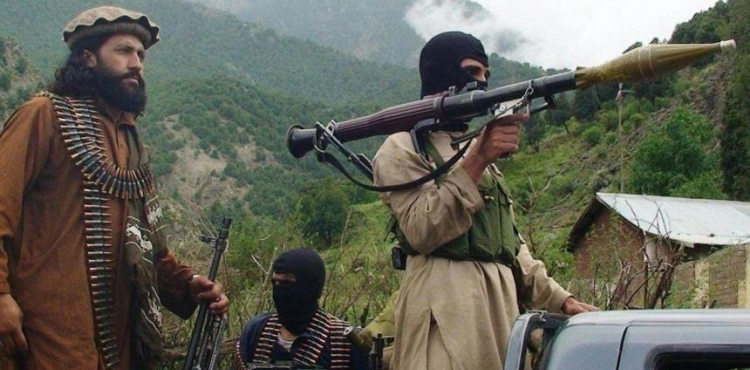European Union officials on Sunday called for a ceasefire in Afghanistan, saying the collapse of US-Taliban talks was an opportunity to launch a new push for a truce.
Last month, US President Donald Trump announced the collapse of talks with the Taliban over an attack by the Taliban that killed an American soldier.
The negotiations were in the final stages and aimed at reaching an agreement to withdraw US soldiers from Afghanistan after 18 years in return for several guarantees from the Taliban.
However, the agreement raised eyebrows among many Afghans and international observers because it did not include an immediate and comprehensive ceasefire, but it paves the way for a reduction in violence and subsequent talks between the Taliban and the Afghan government.
EU envoy to Afghanistan Ronald Kobya said the collapse of the talks provided an opportunity to launch efforts for a ceasefire that could make enough change in Afghanistan to convince Trump to resume negotiations.
"This is the right moment and the right opportunity, perhaps, to go one step further by reducing violence and exploring ways in which a ceasefire can be reached."
"The thought is to study how we can move the idea of ​​a cease-fire instead of leaving it to a later stage," he said.
Asked whether the EU, which has only a limited presence in Afghanistan, could offer a ceasefire, Kobia suggested the Taliban return to power "in one form or another" within months.
"A ceasefire would be a guarantee of goodwill and a good readiness to normalize relations" between the Taliban and the EU, he said.
The Taliban have consistently ruled out an immediate ceasefire but declared a three-day truce last year.
Afghanistan is currently experiencing an unstable anticipation period after the first round of presidential elections on 28 September.
The results were supposed to be announced on Saturday, but were postponed indefinitely due to "technical problems," the Independent Electoral Commission said.
Pierre Mayawdon, head of the EU delegation in Afghanistan, said the delay of a few days to finalize the results was legitimate to ensure fair votes.
"But the results should not be delayed for days into weeks in a way that doubts something is happening," he told reporters.
Meanwhile, violence in Afghanistan continues unabated.
On Friday, at least 70 people were killed in a bombing at a mosque in Nangarhar province.












